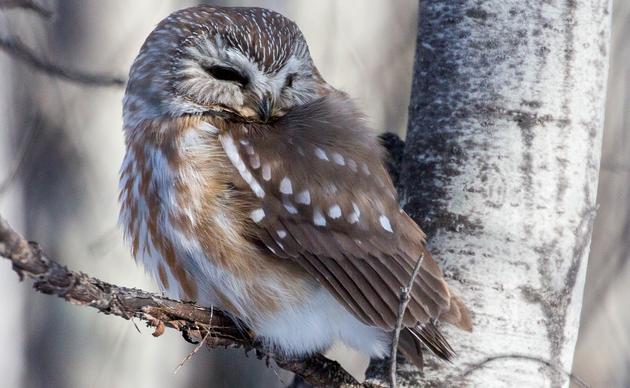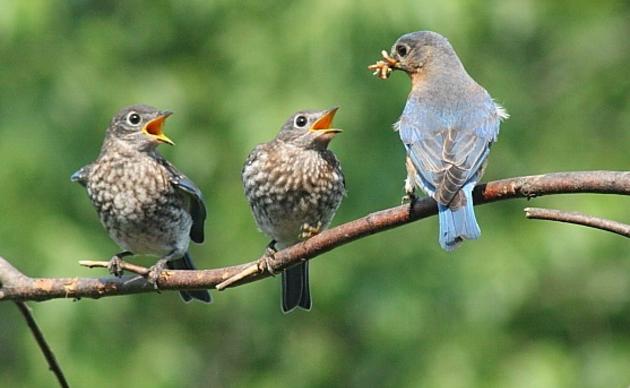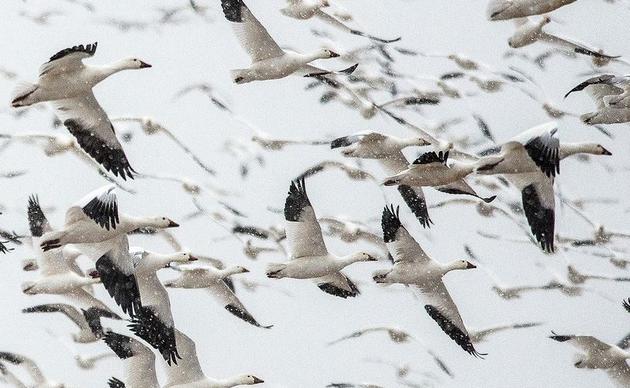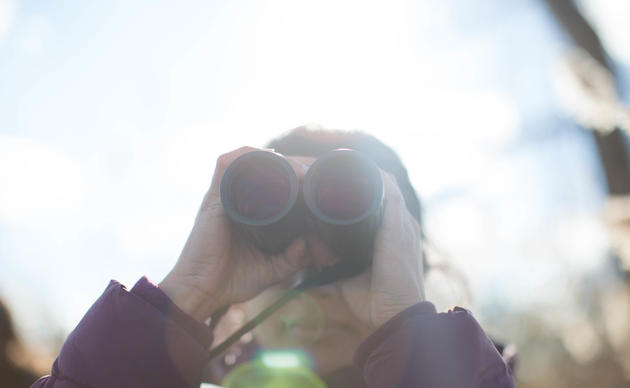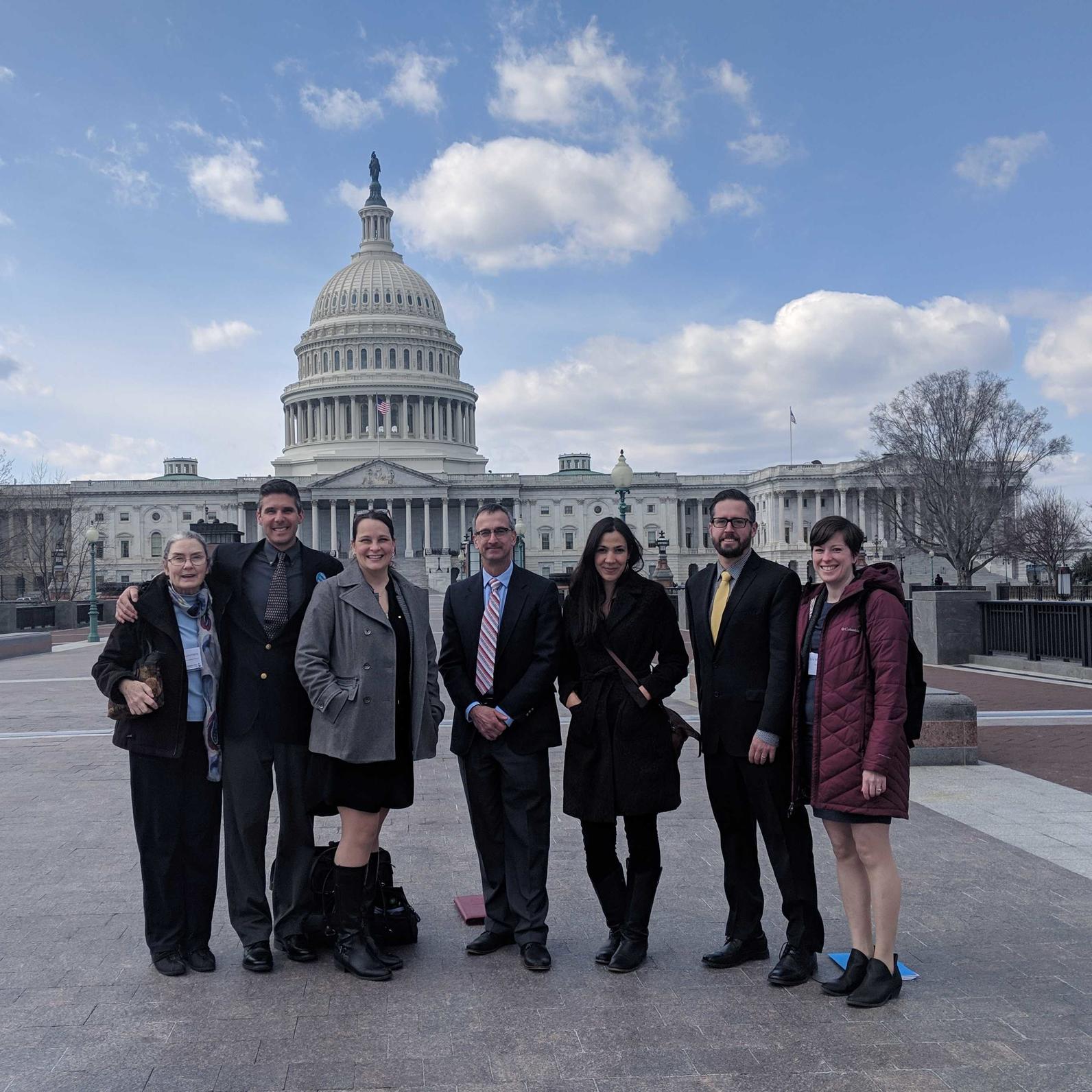
Each March more than 100 Great Lakes advocates head to Washington, D.C. to share their stories with members of congress during the Healing Our Waters Coalition’s Great Lakes Day. Advocates from each of the states in the Great Lakes Basin tell their stories of restoration success, drinking water investment needs, and the importance of conservation action.
Audubon New York is one of the New York State leads for the Healing Our Waters Coalition and recently participated in the 2019 Great Lakes Day in Washington DC. We were joined by our co-lead, Citizens Campaign for the Environment, as well as the Montezuma Audubon Center, Genesee Valley Audubon, Buffalo Audubon, Buffalo Niagara Waterkeeper, Audubon Great Lakes, and Ecology and the Environment, Inc.
We met with Senator Chuck Schumer, Senator Kirsten Gillibrand, and Representatives Tom Reed, Jose Serrano, Joe Morelle, Elise Stefanik, Anthony Brindisi, Chris Collins, John Katko, Brian Higgins, and Paul Tonko. We asked the New York State Congressional Delegation to:
- Support $300 million for the Great Lakes Restoration Initiative;
- Provide at least $8.6 billion for drinking water and waste water infrastructure—triple the current levels of federal funding;
- Reject the Trump Administration’s efforts to roll back clean water protections; and
- Fund $3.8 million for pre-construction activities to bolster defenses against Asian Carp at Brandon Road Lock and Dam.
The Healing Our Waters Coalition’s mission is to secure a sustainable Great Lakes restoration plan and the federal funding to implement it. Healthy lakes and healthy people go hand in hand. The Healing Our Waters Coalition endeavors to make our work more relevant and impactful by ensuring that the people of the region have access to clean, affordable, and safe drinking water; can eat fish that are not toxic; and are able to live healthy lives that are not undermined by pollution. Equity in our work means we will strive to intentionally include those who have been historically excluded—specifically people of color and people from impoverished backgrounds—and work to break down barriers to their inclusion within the Great Lakes community, so that the Great Lakes can be enjoyed and used by people now and for generations to come.
Since its inception in 2004, the coalition has successfully secured a strong Great Lakes restoration plan and more than $2.9 billion in federal funds to clean up toxic pollution that poses a threat to people and wildlife, reduce polluted runoff that causes harmful algal blooms that poison drinking water, stop invasive species that harm fish and wildlife and outdoor recreation, and reversed habitat destruction that harm the environment and hurt the economy. Federal investments are producing results in communities across the eight-state region of Minnesota, Wisconsin, Illinois, Indiana, Michigan, Ohio, Pennsylvania, and New York. But serious threats remain, and the coalition will continue to advocate for manageable solutions that protect our drinking water, jobs, and way of life. Because cutting funding now will only make projects harder and more expensive the longer we wait.
Contribute to Our Conservation Success
You play an important role in our mission to protect birds & the habitats they need to survive.

